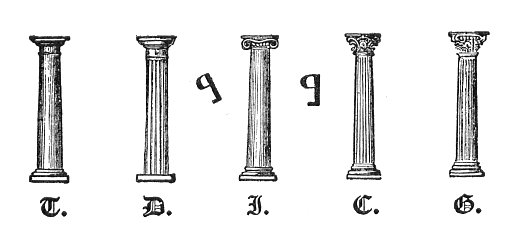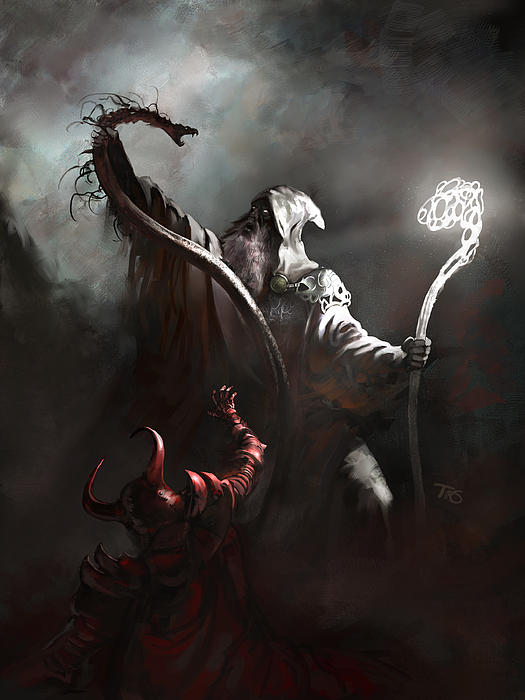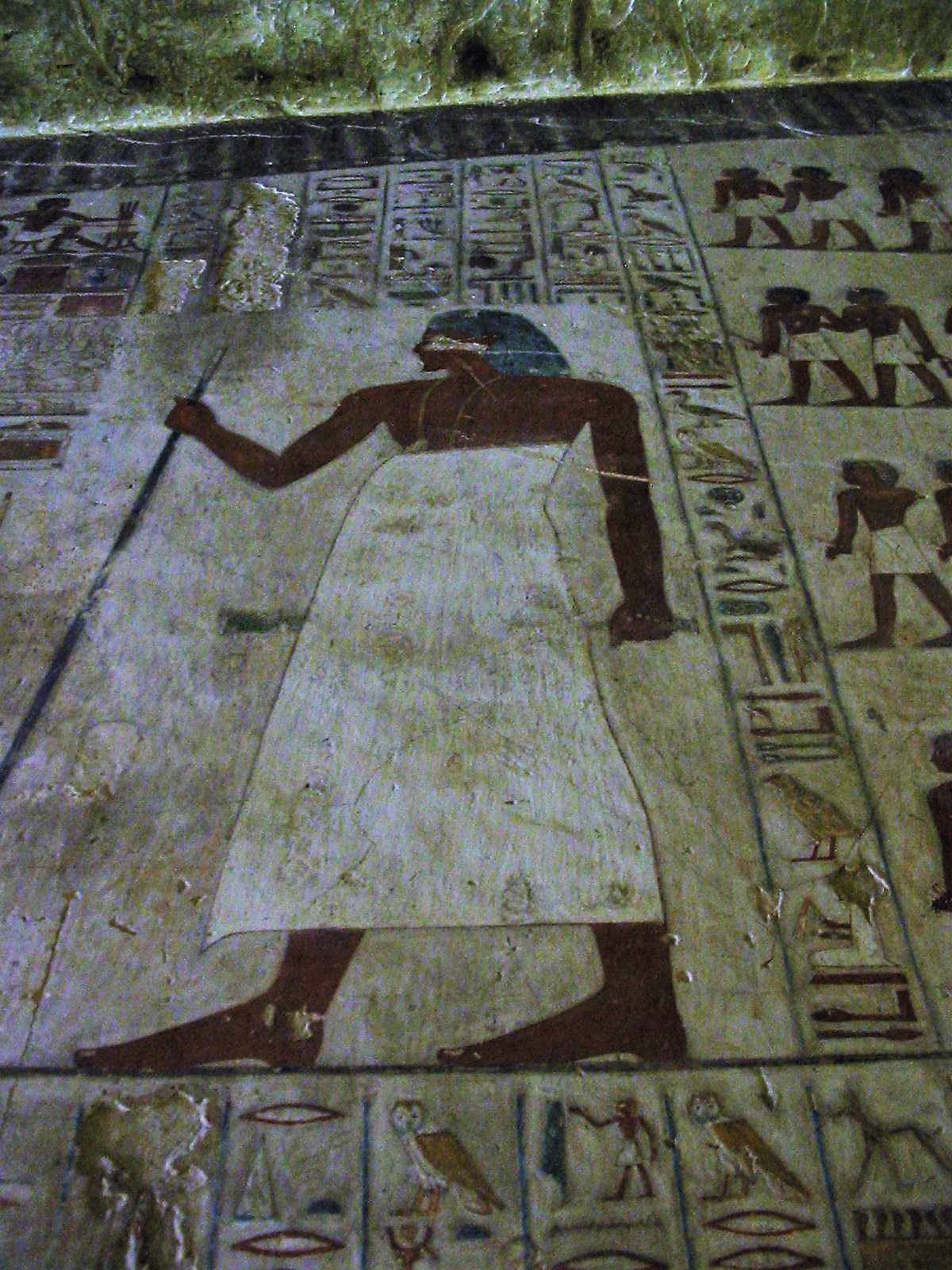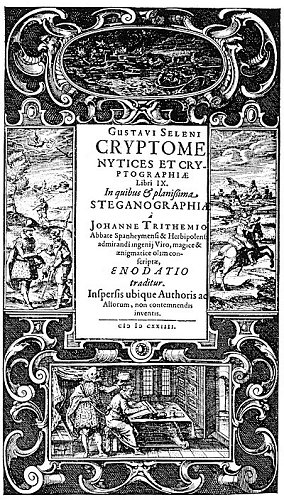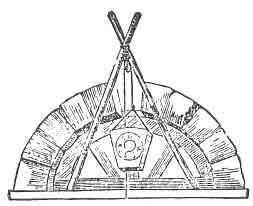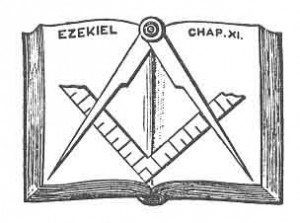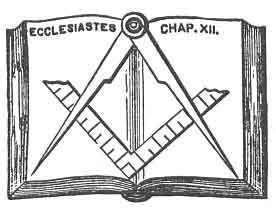p. 327
that should acquit them of the folly of assuming temporal rank, power, and titles of nobility, made the world laugh, and the Initiate feel ashamed.
Some of these titles we retain; but they have with us meanings entirely consistent with that Spirit of Equality which is the foundation and peremptory law of its being of all Masonry. The Knight, with us, is he who devotes his hand, his heart, his brain, to the Science of Masonry, and professes himself the Sworn Soldier of Truth: the Prince is he who aims to be Chief, [Princeps], first, leader, among his equals, in virtue and good deeds: the Sovereign is he who, one of an order whose members are all Sovereigns, is Supreme only because the law and constitutions are so, which he administers, and by which he, like every other brother, is governed. The titles, Puissant, Potent, Wise, and Venerable, indicate that power of Virtue, Intelligence, and Wisdom, which those ought to strive to attain who are placed in high office by the suffrages of their brethren: and all our other titles and designations have an esoteric meaning, consistent with modesty and equality, and which those who receive them should fully understand. As Master of a Lodge it is your duty to instruct your Brethren that they are all so many constant lessons, teaching the lofty qualifications which are required of those who claim them, and not merely idle gewgaws worn in ridiculous imitation of the times when the Nobles and Priests were masters and the people slaves: and that, in all true Masonry, the Knight, the Pontiff, the Prince, and the Sovereign are but the first among their equals: and the cordon, the clothing, and the jewel but symbols and emblems of the virtues required of all good Masons.
The Mason kneels, no longer to present his petition for admittance or to receive the answer, no longer to a man as his superior, who is but his brother, but to his God; to whom he appeals for the rectitude of his intentions, and whose aid he asks to enable him to keep his vows. No one is degraded by bending his knee to God at the altar, or to receive the honor of Knighthood as Bayard and Du Guesclin knelt. To kneel for other purposes, Masonry does not require. God gave to man a head to be borne erect, a port upright and majestic. We assemble in our Temples to cherish and inculcate sentiments that conform to that loftiness of bearing which the just and upright man is entitled to maintain, and we do not require those who desire to be admitted among us, ignominiously
p. 328
to bow the head. We respect man, because we respect ourselves that he may conceive a lofty idea of his dignity as a human being free and independent. If modesty is a virtue, humility and obsequiousness to man are base: for there is a noble pride which is the most real and solid basis of virtue. Man should humble himself before the Infinite God; but not before his erring and imperfect brother.
As Master of a Lodge, you will therefore be exceedingly careful that no Candidate, in any Degree, be. required to submit to any degradation whatever; as has been too much the custom in some of the Degrees: and take it as a certain and inflexible rule, to which there is no exception, that real Masonry requires of no man anything to which a Knight and Gentleman cannot honorably, and without feeling outraged or humiliated submit.
The Supreme Council for the Southern Jurisdiction of the United States at length undertook the indispensable and long-delayed task of revising and reforming the work and rituals of the thirty Degrees under its jurisdiction. Retaining the essentials of the Degrees and all the means by which the members recognize one another, it has sought out and developed the leading idea of each Degree, rejected the puerilities and absurdities with which many of them were disfigured, and made of them a connected system of moral, religious, and philosophical instruction. Sectarian of no creed, it has yet thought it not improper to use the old allegories, based on occurrences detailed in the Hebrew and Christian books, and drawn from the Ancient Mysteries of Egypt, Persia, Greece, India, the Druids and the Essenes, as vehicles to communicate the Great Masonic Truths; as it has used the legends of the Crusades, and the ceremonies of the orders of Knighthood.

Moe is the founder of GnosticWarrior.com. He is a father, husband, author, martial arts black belt, and an expert in Gnosticism, the occult, and esotericism.

